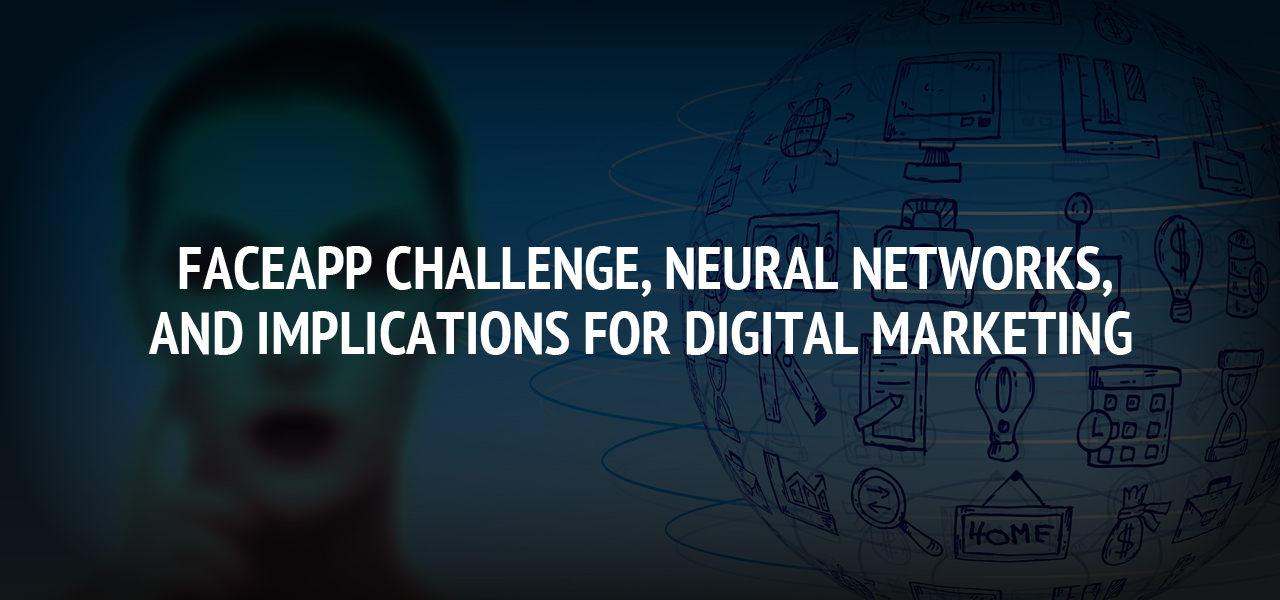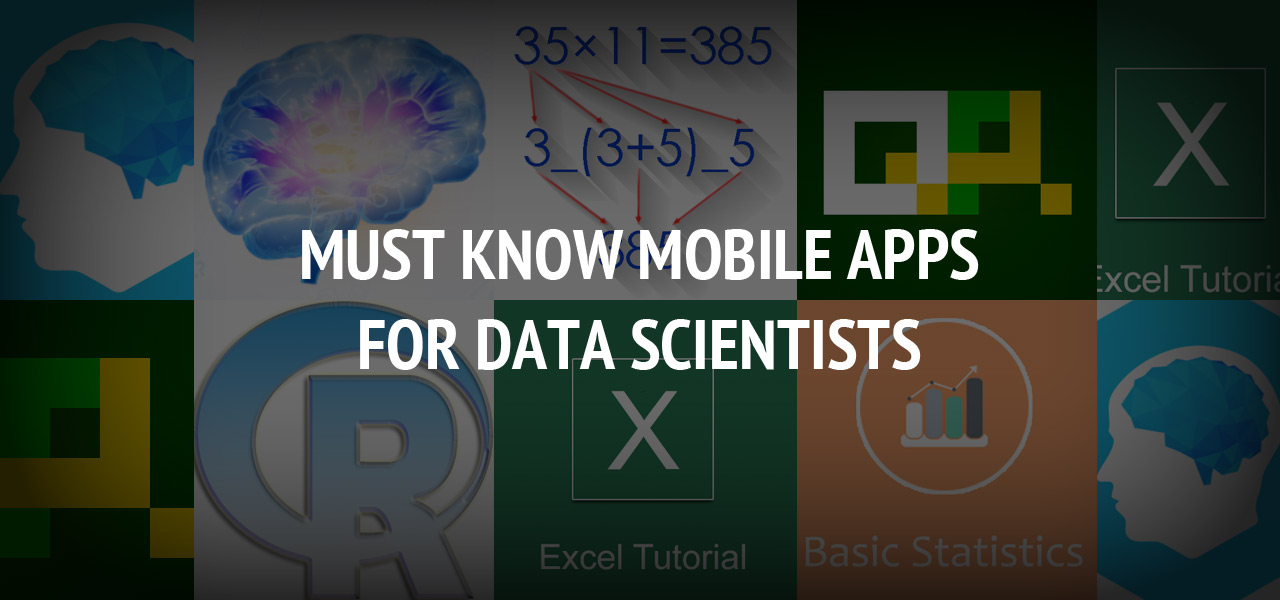FaceApp Challenge, Neural Networks, and Implications for Digital Marketing

The emergence of the internet of things concept has completely changed the way companies, both small and large, conduct their business operations and market their goods and services. In a world where everybody is interconnected via their phones and other computing devices, things can go viral in a split second. Viral apps is a standalone category of products that can go viral and make their creators tons of money. Remember Pokémon GO, Flappy Birds, or Google Lens? All these apps went viral and became loved by millions of users.
FaceApp Challenge
The story continues with FaceApp, a mobile application that generates images of what it thinks (based on sophisticated and complex algorithms and neural networks) you will look like in a few decades. FaceApp has become the most downloaded mobile application on Android and iOS app stores globally, including such countries and the US, India, Russia, and Japan. So if you have been anywhere near Instagram, Facebook, or Twitter the past two months, you have probably noticed a significantly increased number of selfies of old people. This phenomenon is also known as the FaceApp Challenge.
Making Use of Neural Networks
The technology behind FaceApp is neural networks, a set of algorithms inspired and modelled after the human brain. The innovative idea of this type of computer system is that it is designed to recognise patterns and learn from them. Neural networks absorb, process, and interpret secondary data through machine perception. Of course, selfie beautification apps have been around for almost a decade. But unlike its competitors, such as Meitu and Lollycam, FaceApp does not apply any filters to photos. What is does is using deep learning technology to alter the selfie itself. As Yaroslav Goncharov, a founder and CEO of a small team out of Russia that has developed FaceApp claims, the use of neural networks allows for making an altered photo photorealistic.
Neural Networks: Friend or Foe?
While it is yet to see whether this statement proves to be true in an era of increasing virtual and augmented reality, the role of neural networks and machine learning in various aspects of our lives is rapidly growing. Healthcare, education, entertainment, social media, sports - the list can go on and on. The architecture of a neural network is considered by many to revolutionise the way people create software and deal with real-life issues. However, not all of us are excited about this technology. Apart from detecting complex nonlinear relationships between variables, predicting and detecting interactions, and dealing with business-related challenges, neural networks could potentially be used as an ideology weapon. For example, deepfake, a machine-learning-based technique that allows for combining and superimposing existing videos onto source videos, is becoming increasingly popular on the internet. Could you imagine seeing Jim Carrey in the Shining or Bruce Lee in the Matrix? Deepfakes make it possible. Now imagine how they could be used for political purposes. You could watch a politician’s speech and would never know it is a fake. Sounds really frightening, isn’t it?
Implications for Digital Marketing
Companies are increasingly using neutral networks for business purposes. They can effectively analyse big data and construct highly detailed customer profiles. Social networking services use neural networks to detect spam or abusive content, better understand and classify content, and provide users with the content that matches their preferences and interests. In the offline environment, on the other hand, neural networks are actively used by retailers, consumer electronics companies, and airline enterprises to better understand customer behaviour and offer more tailored and personalised products and services.
Neural networks are a very exciting and intriguing piece of technology that promises a number of benefits not only to consumers but also to business entities. Although there are certain concerns about privacy and security, marketers can and should take advantage of this technology to better understand their customers and boost the performance of their company.
About The Author
Related Blog
View All-
The Emerging Fashion App Market: Where Mobile Apps and Fashion Experts Combine
Thousands of new apps emerge every day. New types of apps emerge as more and more industries become digitized. Fitness apps replace personal trainers and gym memberships. Mobile games compete with console gaming. The fashion industry is the latest to take advantage ...
-
Must know Mobile Apps for Data Scientists
Since Data Science is an ever-evolving field, data scientists have to enhance and upgrade their knowledge continually. While the internet is swarming with an array of interesting as well as informative Data Science courses, the fastest and most quick way of expanding ...







